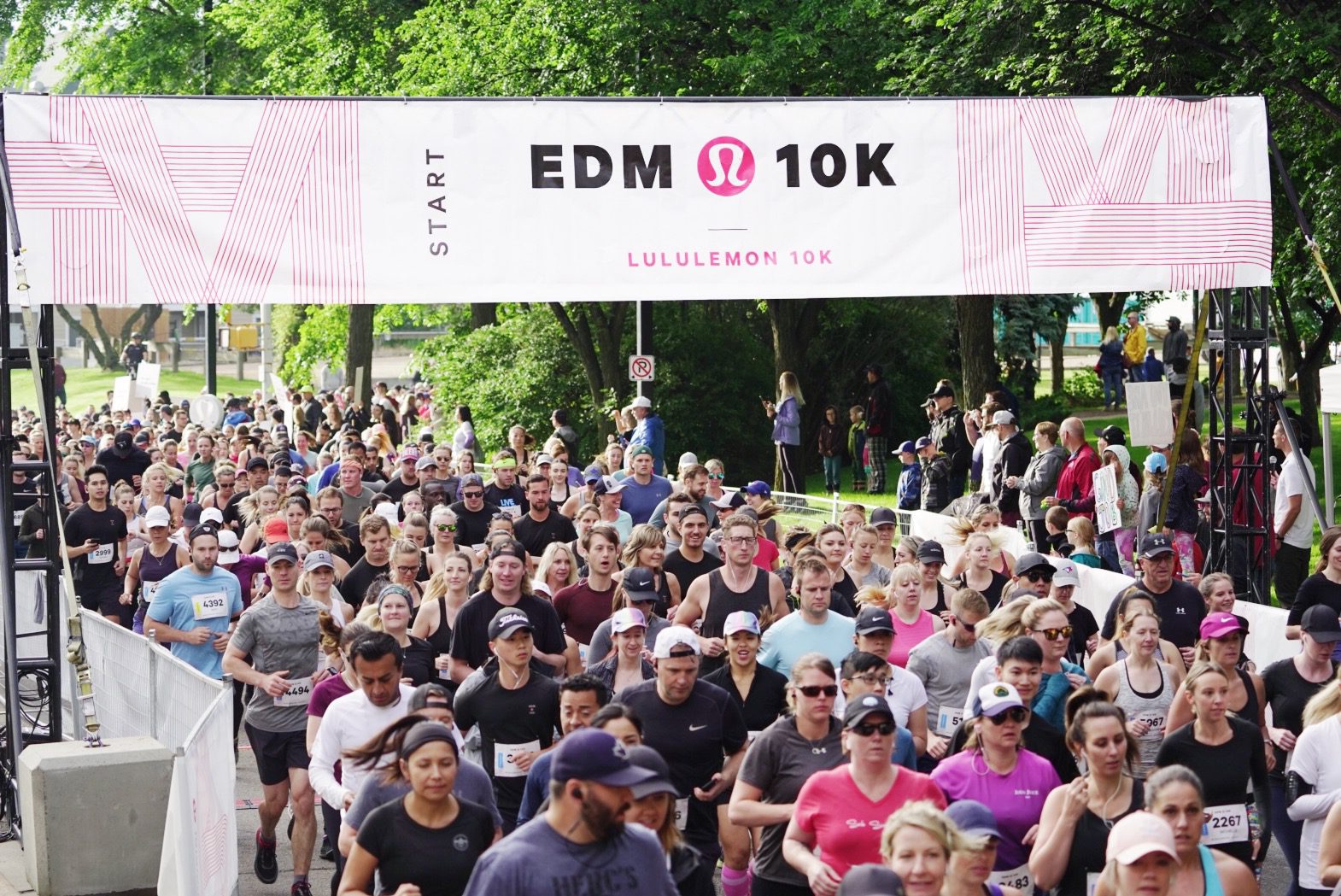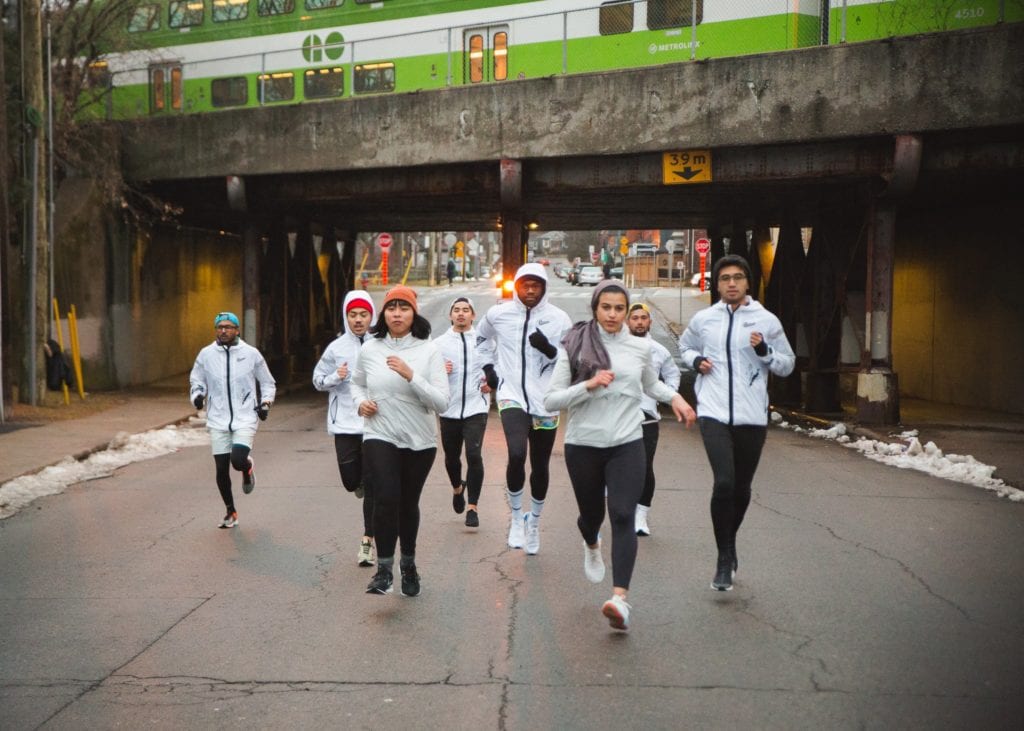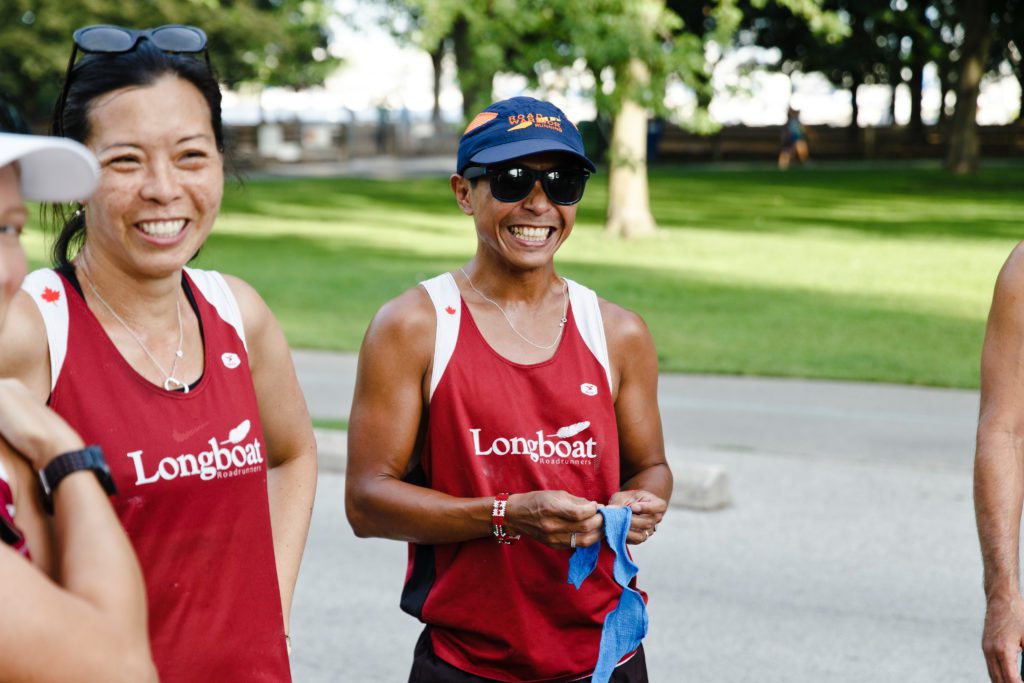Master your spring road race with this mile progression workout
Progression workouts help train your muscles to become familiar with race-like paces when they are already fatigued

The first race of the year is usually a rust buster, plus it can be a mental and physical battle if you haven’t done the training. Doing race-oriented speed workouts once or twice a week in the six to eight weeks leading up to your goal can help you build confidence and feel prepared for your spring road race.

If you have never tried progression training before, it is an easy way to build aerobic endurance by slowly increasing intensity. You don’t go for a 5K run and sprint the first kilometre–the goal is to progress into it, to build your comfort level so your body can go farther and finish faster.
Progression workouts are instrumental in longer distances, like the 10K to the marathon. This is because it also trains your muscles to become familiar with race-like paces when they are already fatigued.
Workout
Three to five reps of one mile, with two minutes’ rest between reps
Start the workout with a 10- to 20-minute warm-up jog with dynamic stretching.
The purpose of this workout is to get your body comfortable with faster paces while experiencing fatigue. Control your pace early to ensure you hit the times on the first two reps. If you start too fast, it will compromise the rest of the workout.
If you are training for a marathon, aim for the first rep to be around your goal marathon pace, then increase your pace on each rep by 10 seconds per kilometre. If your marathon goal is a 3:30 finish, start the workout with eight-minute miles (5:00/km) and get down to 7:20/mile (4:33/km pace) by your last rep.

For those training for a half-marathon, start the workout at your goal half-marathon pace and progress down to your 10K pace by the fourth or fifth rep. If you are unsure of your 10K pace, it is generally around 10 seconds faster per kilometre than your half-marathon pace.
If you are training for a 10K, you will want to aim to do three or four reps. Start at 10 seconds per kilometre slower than your goal 10K pace and progress to your 5K pace by the final rep.


